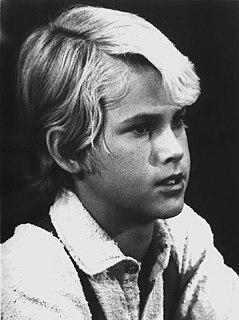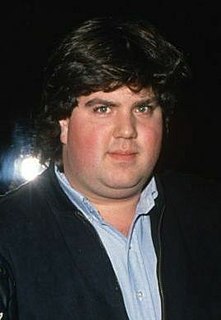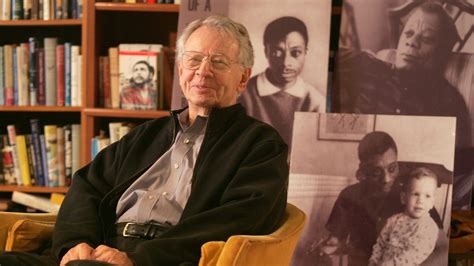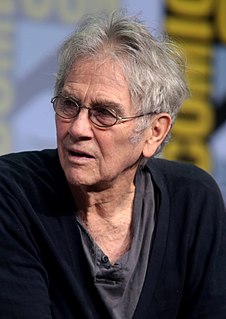A Quote by William Monahan
I came into screenwriting from an odd direction, because the first screenplay that I read was and is better as writing than the top one percent of literary novels.
Related Quotes
Well, I kind of approach both of them similarly in (that) I always see it as a movie first because that's my background. Cindy Kelley, who has been my writing partner on my novels, she works more on the prose side and the description side of the storytelling because, obviously, there's a lot more of that in a novel than in a screenplay. You only have up to 120 pages in a screenplay.
I often say to my students in workshops that if they are trying to find literary inspiration, they should not go and read novels, because novels are more appropriate for series. Where as they should read short stories - that's the right format for you to be able to actually display the narrative in a film.
I didn't know how story worked. So, when writing the screenplay, people introduced me to the science of it. And I'm grateful. I'll probably use that information for the rest of my career, in terms of writing novels or writing stories. And then, of course, to help me live a better story, a more meaningful story
I've quit writing screenplay [adaptations]. It's too much work. I don't look at writing a novel as work, because I only have to please myself. I have a good time sitting here by myself, thinking up situations and characters, getting them to talk - it's so satisfying. But screenwriting's different. You might think you're writing for yourself, but there are too many other people to please.
I first came to cinema as a passionate filmgoer, when I was a child. Then, when I was a very young man, I became a film critic precisely because of my knowledge of cinema. I did better than others because of this. Then I moved on to screenwriting. I wrote a film with Sergio Leone, 'Once Upon a Time in the West.' And then I moved to directing.
I see manuscripts and books that are spoiled for the literary reader because they are one long stream of top-of-the-head writing, a writer telling a story without concern for precision or freshness in the use of language. Some of this storytelling reads as if it were spoken rather than written, stuffed with tired images that pop into the writer's head because they are so familiar. The top of the head is fit for growing hair, but not for generating fine prose.





































